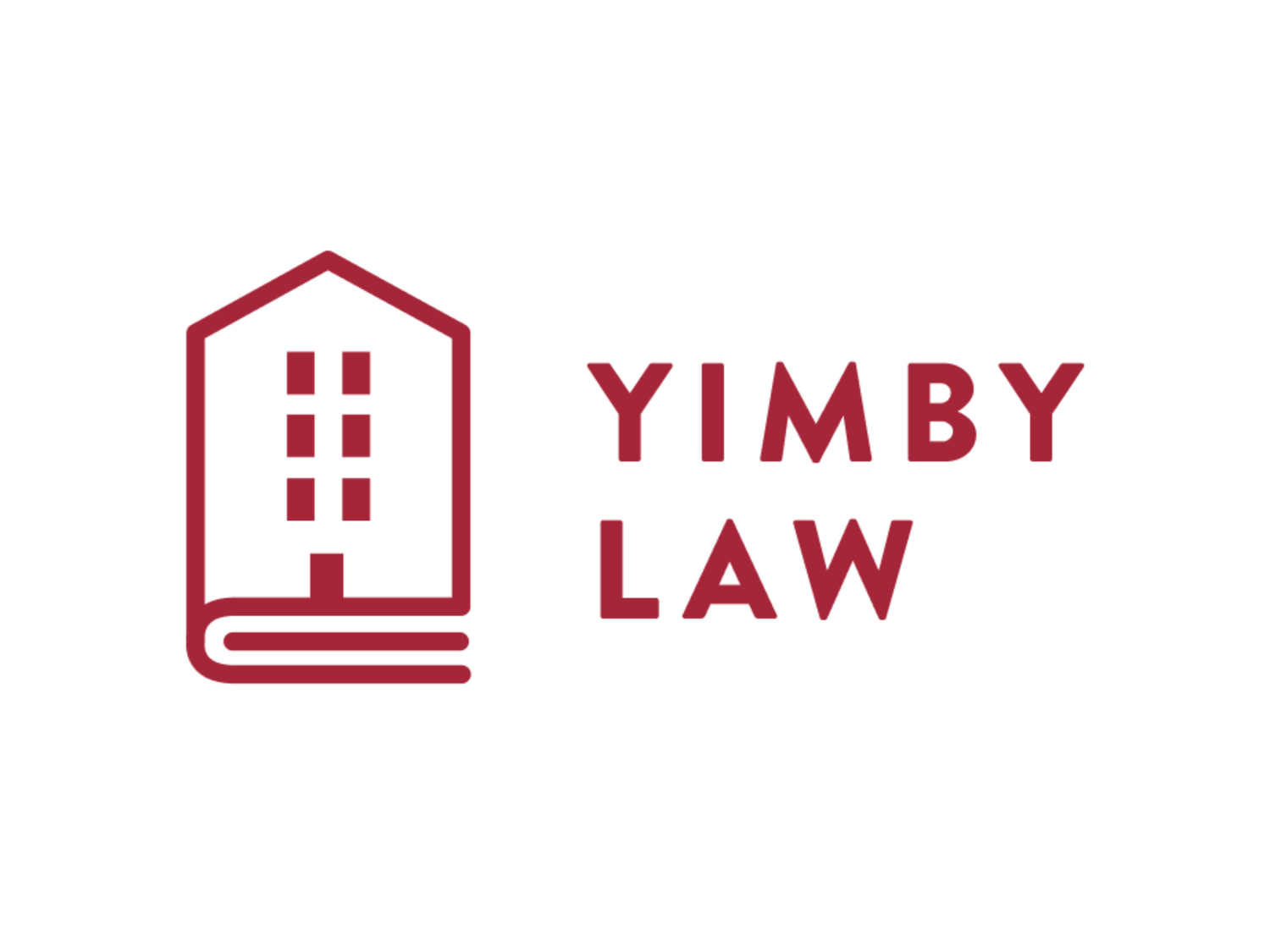122 Southern California Cities Fail to Comply with State Housing Laws
/Contact: Jae Garner
As of February 24, 2022, at least 122 Southern California Association of Governments (SCAG) municipalities are out of compliance with the statutory requirements of State Housing Element Law, according to data released by the California Department of Housing and Community Development (HCD). “This is sobering news, said Rafa Sonnenfeld, Director of Legal Advocacy at YIMBY Law, “state housing policy and its goal of addressing California’s severe housing shortage, rests on the effective implementation of local general plans and, in particular, local housing elements. Not complying with California’s state housing laws means that the basic and urgent need of all citizens to have access to affordable housing is still not being met.”
With YIMBY support, California’s housing law was amended recently to provide stronger compliance measures for local jurisdictions. These include AB 72 & AB 1397 (2017) and AB 215 (2021) that mandate new provisions for housing elements and serious consequences for non-compliance.
Under the state’s Housing Element Law, housing elements in the SCAG region were due to be received for HCD review by October 15, 2021.
Out of the 197 jurisdictions in SCAG, 122 cities are out of compliance for not having submitted a legal Housing Element to HCD by the deadline
An additional 69 jurisdictions have submitted a Housing Element that is still under review by the state
Only six jurisdictions in SCAG have adopted housing elements the state has found to be compliant
HCD has informed cities of their particular areas of non-compliance. These range from failing to identify affordable housing sites, to failing to adequately plan to affirmatively further fair housing and reduce barriers to areas of opportunity. YIMBY Law commends HCD for its thorough review process and for providing assistance to jurisdictions to support compliance.
Jurisdictions that fail to adopt compliant housing elements within 120 days of the statutory deadline must complete all necessary rezones within one year. This means that dozens of SCAG cities will be under pressure to rezone for their legally-required housing by October 15, 2022, and could face lawsuits from the state, housing organizations, or developers seeking to get projects approved. “By not complying, cities are in essence handing their land-use control over to the state and risk being sued. YIMBY Law is willing to sue if necessary to ensure compliance,” according to Sonnenfeld.
Jurisdictions could lose access to billions of dollars in affordable housing grants due to lack of compliance. Housing element compliance is also important for local government eligibility for critical federal, state, and regional funding for infrastructure and transit projects.
SCAG’s high level of non-compliance contrasts sharply with compliance by other jurisdictions throughout the state. In a rolling cycle of review deadlines, HCD has already reviewed housing elements in several regions throughout California including SCAG, Sacramento (SACOG), and San Diego (SANDOG). Overall, SACOG and SANDOG which have been reviewed under new housing law requirements, are over 50% compliant whereas just 3% of SCAG jurisdictions have received a notification of compliance by HCD.
“Other jurisdictions throughout California have been able to adapt and comply with the new statutory requirements,” according to Sonnenfeld. “We’ve already seen that this is doable when and where there is a will. The State of California is doing its part by providing jurisdictions with resources, information, and technical assistance. Southern Californians deserve for SCAG cities to step up, get help if necessary to follow the law, and increase the housing supply.”
The deadline for Bay Area housing element submission and review is coming up on January 31, 2023, which means most Bay Area cities should be planning on submitting Housing Elements to HCD by the fall.
YIMBY urges jurisdictions in need of compliance support to contact HCD. HCD provides on-site technical assistance to help cities develop and implement their housing elements and online resources, including: Building Blocks: A Comprehensive Housing-Element Guide, HCD Memos, HCD Housing Planning HUB.
YIMBY will be working to ensure increased compliance through the Campaign for Fair Housing Elements.

